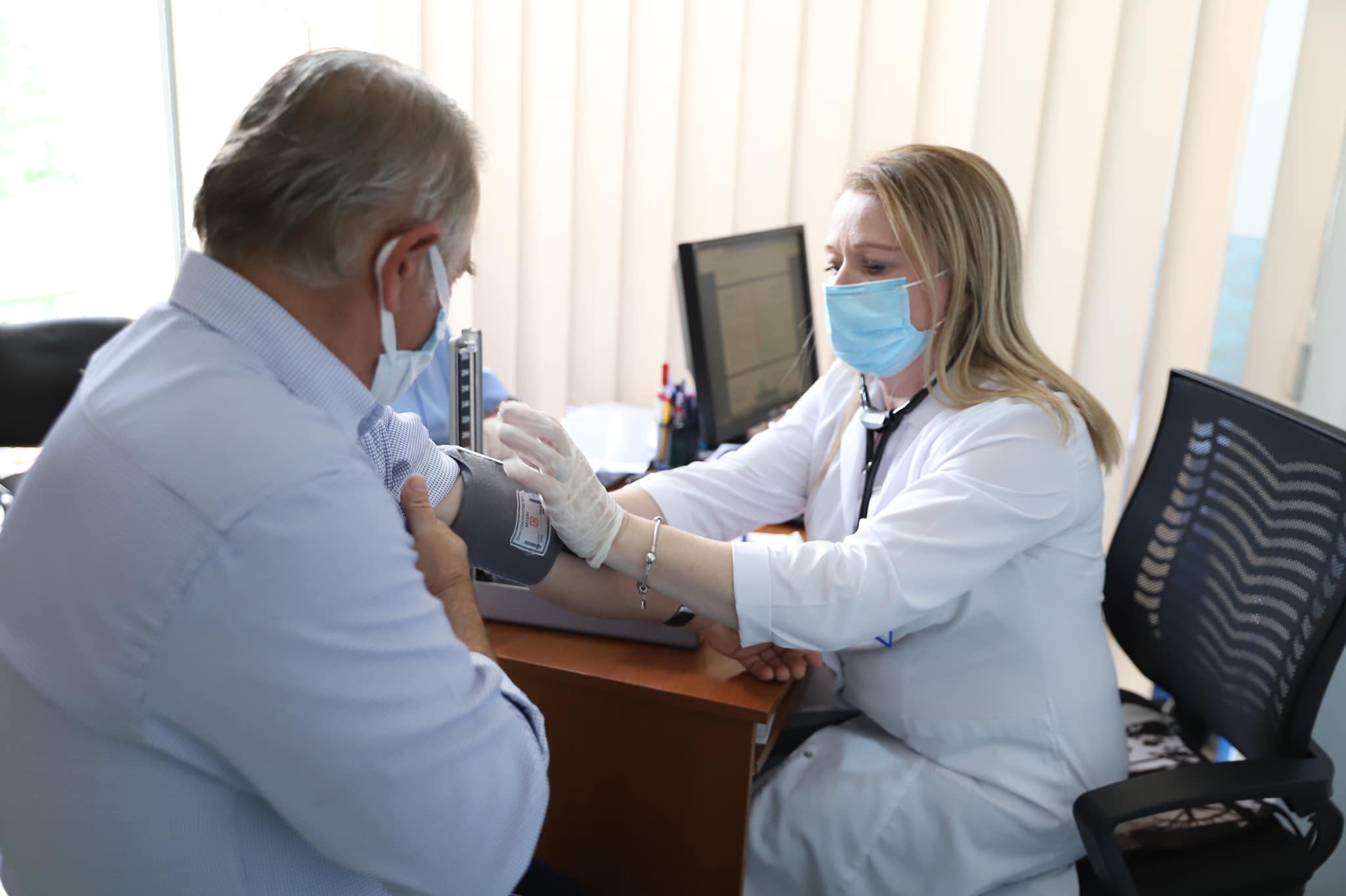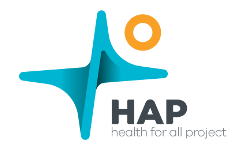
In Albania NCDs are estimated to account for about 93% of total deaths, with cardiovascular diseases being the main culprit (57% mortality rate)[1] . NCDs have been subject to significant growth over the past two decades, a trend that is expected to continue in the future because of increasing life expectancy and aging of the Albanian population.
A significant proportion of these diseases can be managed and controlled at the primary healthcare level, in the most cost-effective way and without requiring hospitalization or hospital treatment. A steady increase in the number of cases treated by the PHC services is noted, especially for hypertension and diabetes. Therefore, there is an immediate need for revised and comprehensive clinical protocols and guidelines (CPGs) on NCDs given the fact that current clinical protocols are either not utilized or outdated, PHC professionals are not fully involved in the process, and training is rarely organized to support the guidelines or protocols implementation[2].
In response to these issues, the SDC project Health for All (HAP) has initiated the revision of the existing clinical guidelines and protocols (CGP) for the five most frequent NCDs PHC services deal with, namely: asthma, chronic obstructive pulmonary disease, diabetes, hypertension, and dyslipidemia. Prior to the revision process, HAP supported the elaboration of an inventory of existing CPGs on NCDs for PHC teams, as a useful database and starting point for further work.
The revision of CPGs as an iterative process is carried out by a working group composed of family doctors and specialist physicians in PHC through an inclusive and participatory approach. The focus of this process is developing updated clinical guidelines and protocols as educational and practical tools for each of the above-mentioned diseases. The novelties of this process are related to the development of the treatment protocols as algorithm, remote consultation quick guide, roles of the family medicine team members in managing NCDs, indicators to monitor internally and externally the implementation of CGP and the Training Manual to capacitate the FM teams in making use of them at everyday practice. Once approved by the Albanian health authorities, the documents will be disseminated and training on their use will be provided to family doctors and nurses working in PHC via Training of Trainers and Peer Group CME approaches.
[1] “Non-communicable diseases-Country Profiles”, WHO, 2018
[2] “Strategy for the development of PHC services in Albania 2020-2025”, Ministry of Health and Social Protection

